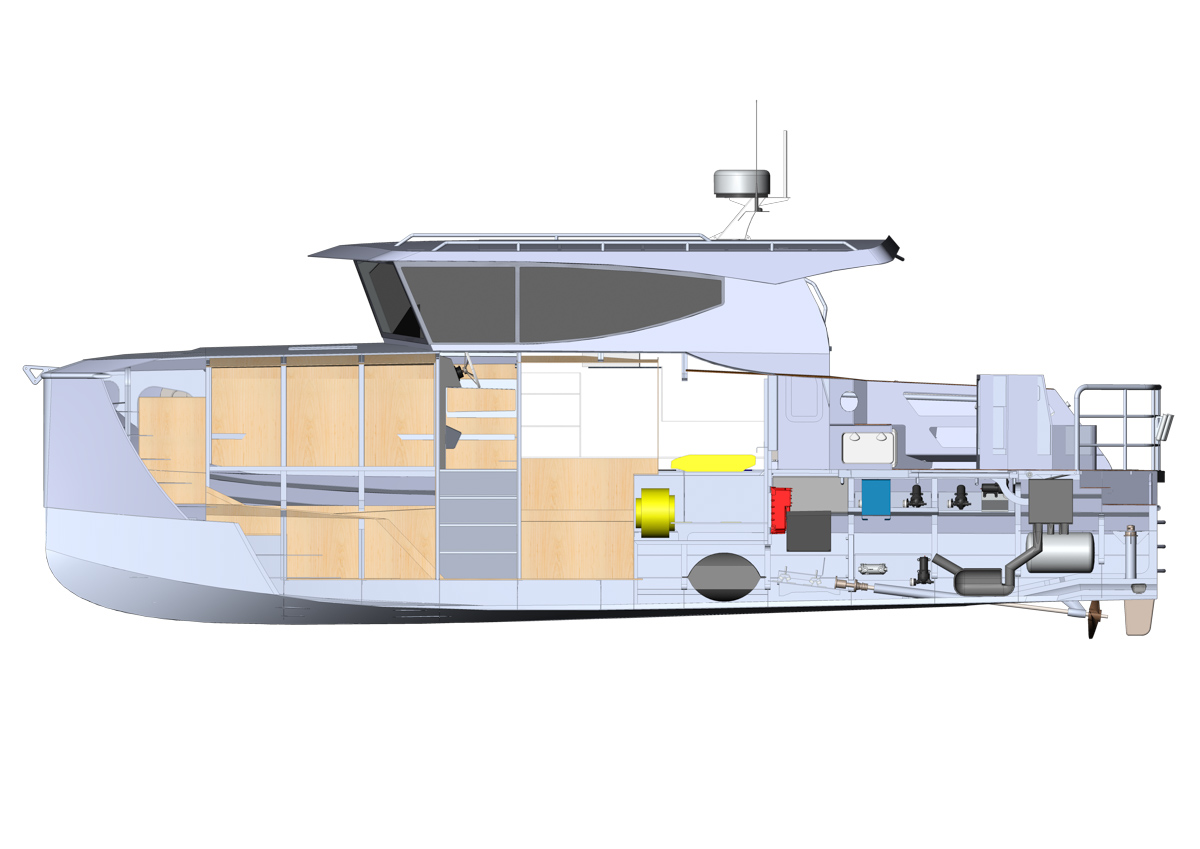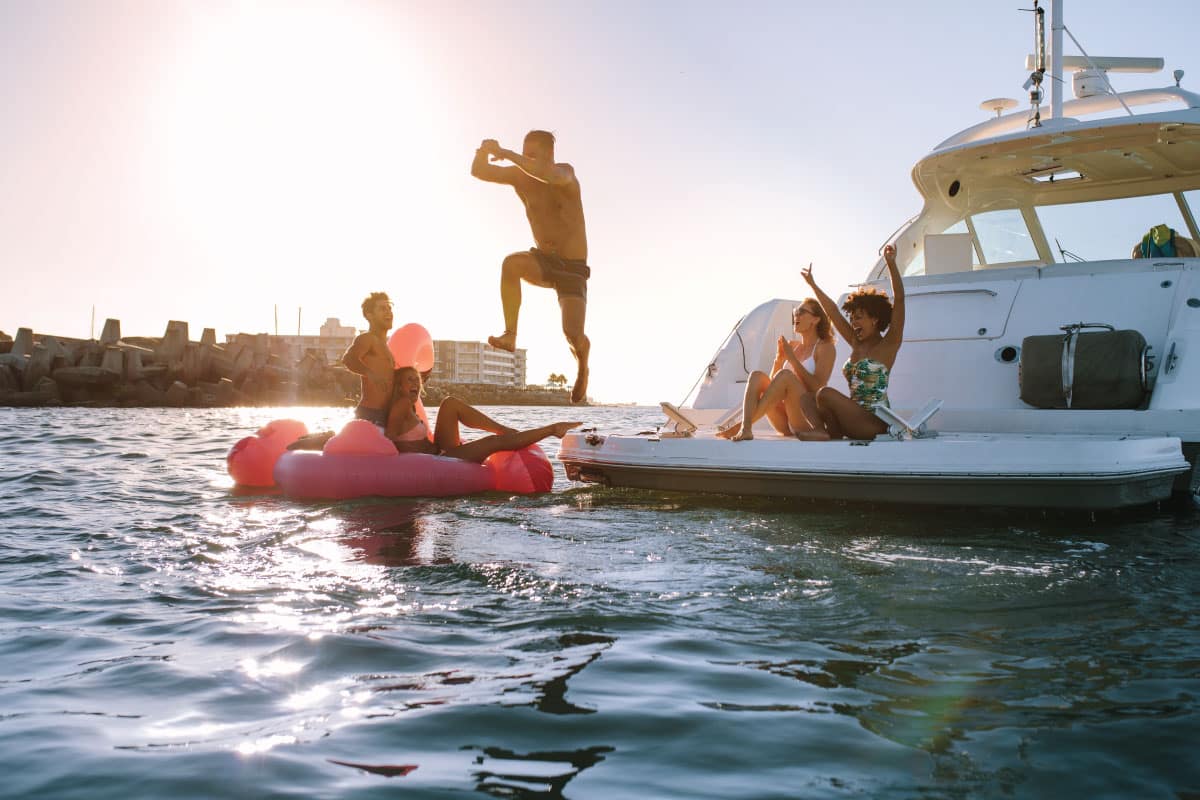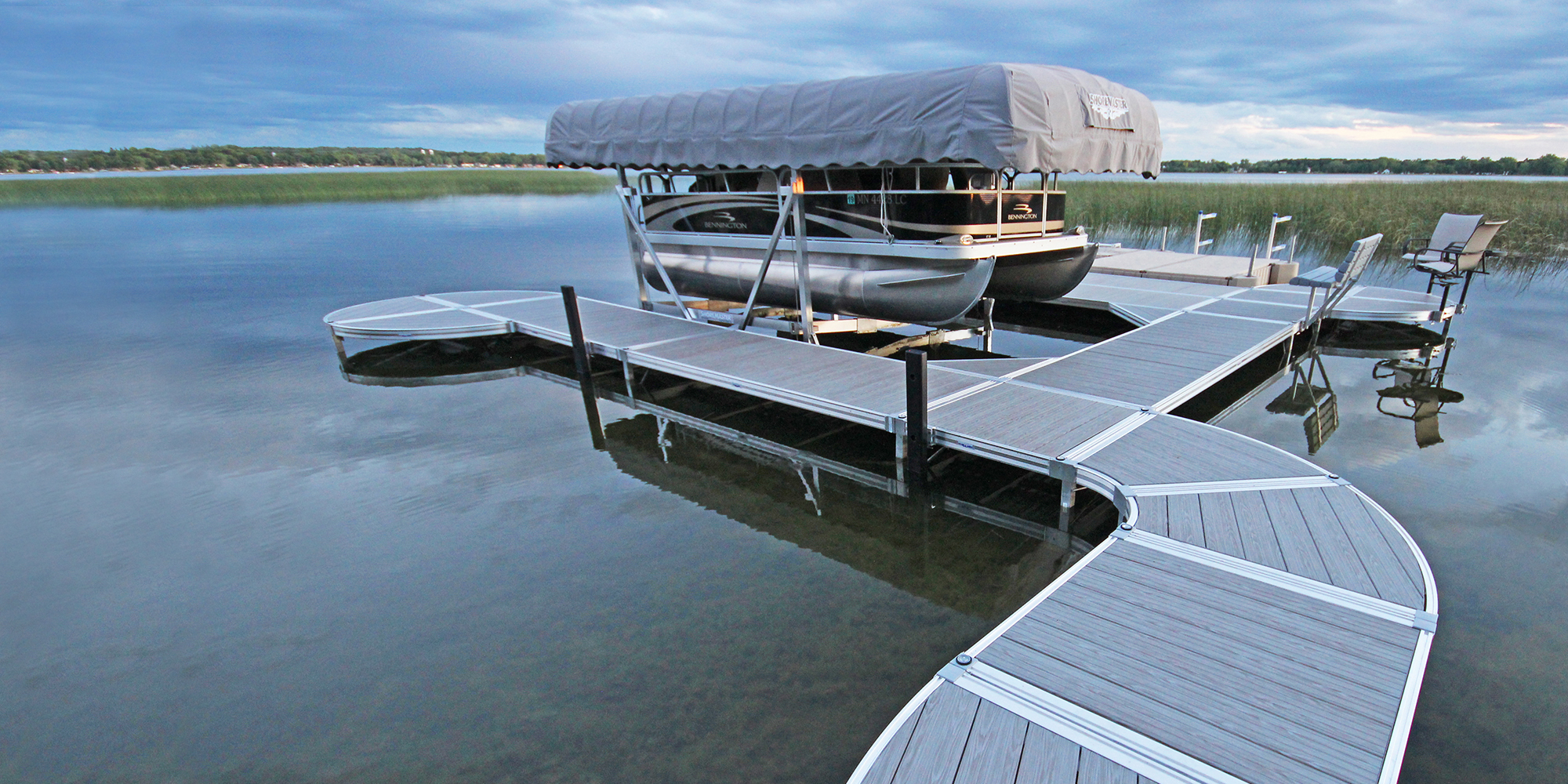The Primary Cause of Many Boating Accidents is Human Error: Insights and Prevention
Boating accidents are an unfortunate reality that can lead to serious injuries, property damage, and even fatalities. There are several factors that can contribute to these incidents, ranging from environmental conditions and operator error to mechanical failure.
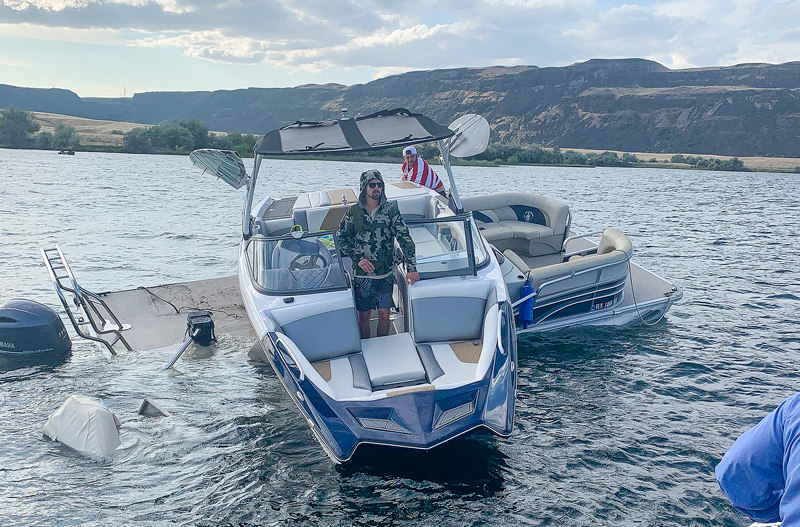
Understanding the primary causes of boating accidents is crucial for improving overall safety on the water and prevent future accidents from happening.
One predominant factor in many boating accidents is operator error, particularly when it comes to maintaining a proper lookout and having sufficient experience. A lack of situational awareness can greatly increase the risk of collisions and other dangerous situations on the water.
Additionally, alcohol use is another leading contributing factor, especially in fatal boating accidents. By being aware of these causes and implementing the necessary safety precautions, the number of boating accidents can be significantly reduced.
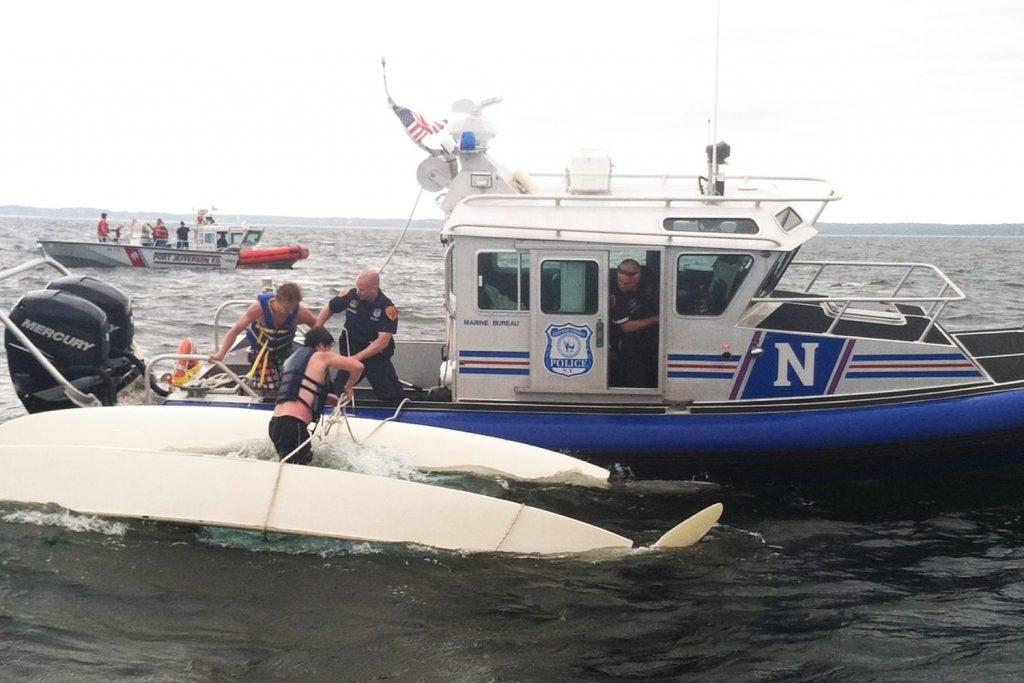
Key Takeaways
- Operator error, such as lack of experience and poor lookout, is a major contributor to boating accidents.
- Alcohol use is the leading known contributing factor in fatal boating accidents.
- Increased awareness of these causes and proper safety measures can help reduce the number of accidents on the water.
Understanding Boating Accidents
Types of Boating Accidents
There are several types of boating accidents that can occur while out on the water. Some common categories include collisions, capsizing, falling overboard, and grounding.
These accidents often stem from various factors such as operator inexperience, inattention, impairment through alcohol or drugs, excessive speed, and poor weather conditions.
Collisions between vessels account for a significant portion of boating accidents. Operator inattention, lack of proper lookout, and improper navigation contribute to these incidents.
Capsize, another type of accident, is often caused by improper loading, abrupt turns, or poor vessel stability. Falling overboard is more common when boaters fail to wear life jackets, lean too far over the edge, or scramble around the vessel.
Finally, grounding incidents occur when boaters fail to maintain a safe speed, navigate incorrectly, or miss a change in water depth or markings.
Statistics of Boating Accidents
According to a Coast Guard report on recreational boating statistics, the total number of accidents decreased by 9% from 4,439 to 4,040 between 2021 and 2022. Non-fatal injuries also decreased by 15.9% (2,641 to 2,222) during the same period.
The following table outlines some of the notable boating accident statistics:
| Statistic | Number | Percentage |
|---|---|---|
| Total accidents | 4,040 | - |
| Non-fatal injured victims | 2,222 | - |
| Fatalities involving alcohol | 88 | 16% of total fatalities |
As seen in the table, alcohol continued to be the leading known contributing factor in fatal boating accidents in 2022, with 88 deaths, accounting for 16% of total fatalities.
Alarmingly, alcohol use is the leading known contributing factor in fatal boating accidents when the primary cause is known. Furthermore, weekends, particularly Saturdays and Sundays, account for 44% of total accidents that take place, with 33% of these accidents occurring between noon and 6 pm.
Major Contributing Factors
Operator Inexperience
One of the primary contributing factors in boating accidents is operator inexperience. A lack of knowledge and understanding about how to effectively maneuver a boat can often lead to accidents.
In addition to learning the basic skills of boat handling, inexperienced operators must also familiarize themselves with local boating laws and regulations, as well as weather and water conditions.
Alcohol Use
Alcohol use is another major culprit for boating accidents. It has been identified as the leading known contributing factor in fatal boating accidents, accounting for 88 deaths or 16% of total fatalities in 2022.
The consumption of alcohol can impair an individual's judgment, reaction time, and coordination, all of which are essential for safe boating.
Operator Inattention
Operator inattention is also a significant factor in boating accidents. Distractions from tasks, such as navigating and maintaining the proper speed, can lead to collisions or other accidents.
In a recreational boating environment, it's crucial that boat operators remain vigilant and attentive to their surroundings, including maintaining a proper lookout to avoid accidents.
Excessive Speed
Excessive speed contributes to many boating accidents, particularly when a boat is being operated in congested waters or in poor visibility conditions.
Running at high speeds may not allow sufficient time for an operator to react to an obstacle in the water or a sudden change in conditions. Operators should always remain attentive and adjust their speed based on the current conditions and situations.
Machinery Failure
Lastly, machinery failure often plays a role in boating accidents. Faulty engines, steering systems, or other equipment can unexpectedly fail, resulting in an operator's inability to maintain control of the boat.
Regular boat maintenance, inspections, and ensuring a thorough understanding of the boat's systems can help to minimize the risk of machinery failure and subsequent accidents.
Safety Measures and Prevention
Life Jacket Usage and Safety
Proper life jacket usage is a critical component of boating safety. Wearing a life jacket can significantly reduce the risk of drowning, which is the leading cause of boating fatalities.
The U.S. Coast Guard estimates that life jackets could have saved the lives of over 80% of people who died in a boating accident. It is essential to ensure that all passengers, especially children, wear life jackets that fit properly.
Some key points to remember about life jackets include:
- Selecting a life jacket appropriate for the specific water activity and conditions
- Ensuring the life jacket fits snugly and comfortably
- Regularly inspecting life jackets for signs of wear or damage
Boating Safety Instruction
Boating safety instruction plays a vital role in preventing accidents and promoting responsible boating practices.
Many boating accidents are caused by operator inattention, inexperience, or improper lookout, as mentioned by samndan.com.
To address these issues, boaters should:
- Complete a boating safety course to learn essential skills and regulations
- Gain hands-on experience under the guidance of a skilled boater
- Perform regular safety checks and maintenance on their vessels
- Keep a proper lookout and avoid distractions while operating a boat
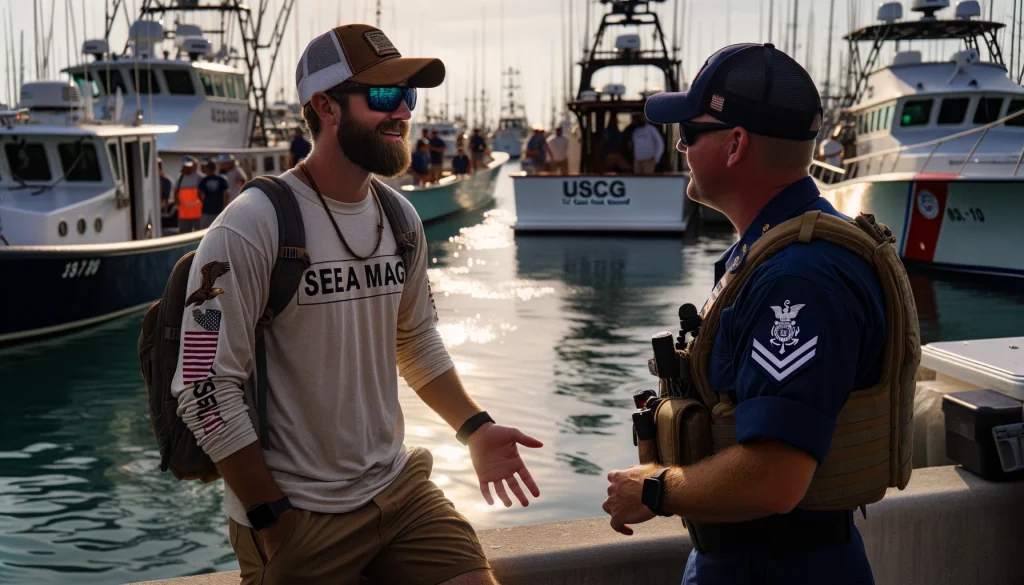
Alcohol Policies on Waterways
Alcohol use is another significant factor that contributes to boating accidents.
Consuming alcohol impairs judgment, balance, and coordination, increasing the risk of accidents on the water. Additionally, alcohol affects the body more quickly in a boating environment than on land due to factors such as heat, wind, and dehydration.
To promote safe boating, boaters should:
- Familiarize themselves with local alcohol policies and regulations
- Avoid consuming alcohol before or during boating activities
- Encourage passengers to limit alcohol consumption while on board
- Assign designated sober boat operators when necessary
- Boating fatalities: Alcohol continues to be the leading known contributing factor in fatal boating accidents, accounting for 88 deaths in 2022.
- Non-fatal injured victims: From 2021 to 2022, there was a decrease of 15.9% in non-fatal injured victims (from 2,641 to 2,222).
- Property damage: Accidents often result in damages to the vessels involved, other boats, or infrastructure in the affected area.
- Environmental damage: Collisions, sinking, and leaks can contribute to pollution and long-term consequences for marine life and ecosystems.
- Vessel Types: Technological advancements cater to a wide array of vessel types, including open motorboats, personal watercraft, pontoons, and cabin motorboats.
- Engine Cut-Off Switch: This device has become more accessible for various vessel types, significantly improving safety measures.
- Safety Education: Increased emphasis on safety education has led to better boating practices for all vessel types.
- Registered Boats: Increased awareness of boating safety has resulted in higher numbers of registered recreational vessels.
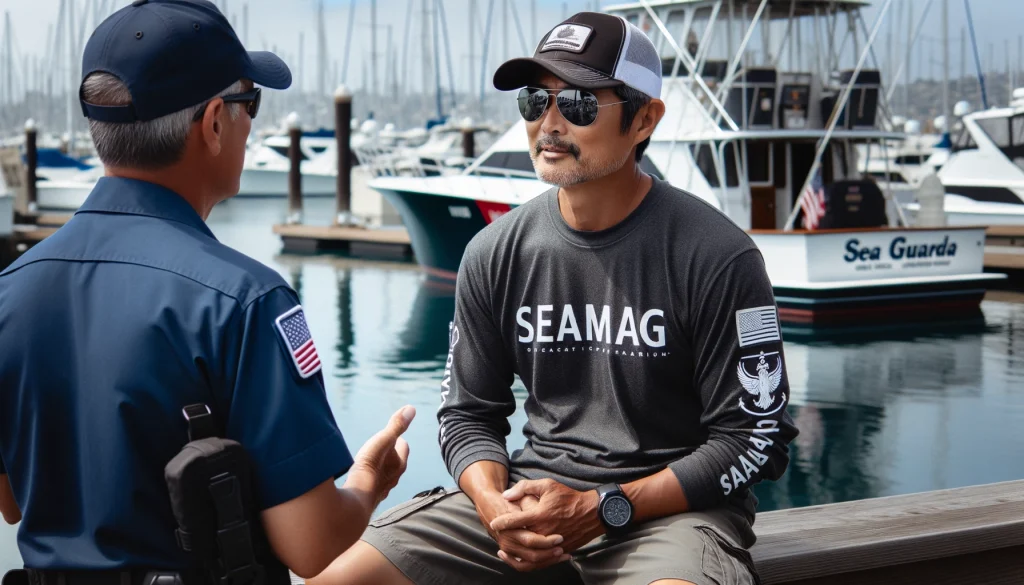
Q&A With USCG
Charlie (Sea Magazine): Good afternoon, Bart. It’s great to have you here to discuss a serious issue affecting recreational boating today. The United States Coast Guard (USCG) has reported that human error is the number one cause of boating accidents. Could you share more about what you’re seeing in boating accident cases?
Bart (USCG): Thank you for having me, Charlie. Yes, unfortunately, we've observed that human error surpasses equipment failure, hazardous waters, and other causes of boating accidents. These errors often lead to serious injuries or even fatalities on the water. Speeding and not wearing life jackets are common issues, along with operators' impaired judgment due to alcohol or drugs.
Charlie: Speaking of impairment, how significant is the impact of blood alcohol concentration on boat accidents compared to, say, motor vehicle accidents?
Bart: It's a critical issue. Operating a boat under the influence can be even more dangerous than driving a motor vehicle because controlling a boat requires a different set of skills and the operator's reaction time is crucial. Maritime rules are clear, yet we see boat operators with high blood alcohol concentration causing accidents that result in serious injuries or fatal accidents.
Charlie: That's alarming. With regards to safety equipment, how does its role compare between boating and motor vehicle scenarios?
Bart: In both contexts, safety equipment is vital. However, in the boating world, the difference between wearing life jackets and not can often be life or death, especially in boat crashes where victims are thrown into the water. Safety equipment on boats also includes devices to communicate distress, which is crucial for timely rescue operations.
Charlie: Regarding boat operator responsibilities, how do speed limits on the water compare to those on roads for motor vehicles?
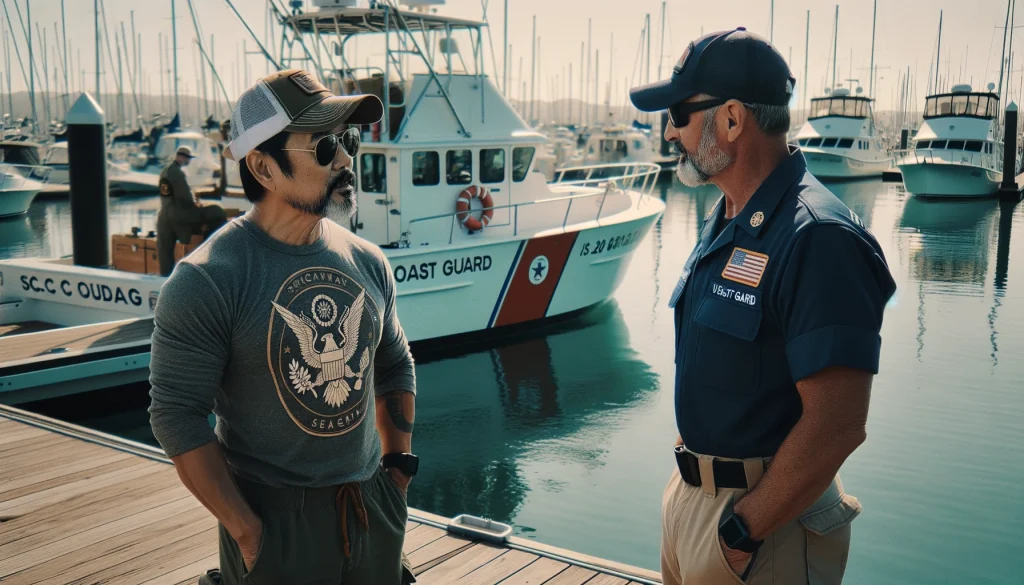
Bart: Waterways don’t always have well-defined speed limits like roads. However, maritime rules dictate speed limits in certain areas to prevent boat accidents, especially near other vessels, jet skis, or swimmers. Unfortunately, ignoring these limits is a leading cause of boating accidents.
Charlie: What can be said about the most common injuries in these accidents?
Bart: Most boating deaths and serious injuries we see involve traumatic brain injuries or drowning. Even when not fatal, injuries can lead to lost income, high medical bills, and the need to seek compensation, often involving a law firm specialized in maritime incidents.
Charlie: With the goal of reducing boating accidents, what advice would you give to boat operators?
Bart: Firstly, always wear life jackets and ensure your passengers do the same. Avoid alcohol and drugs when operating a boat. Familiarize yourself with maritime rules and the area you’re boating in. And, always have safety equipment onboard. Operator attentiveness can prevent accidents with fixed or stationary objects and other vessels, reducing the chance of serious injury.
Charlie: And for those who have been in an accident, what steps should they take?
Bart: Immediate steps include ensuring everyone's safety and seeking medical attention for any injuries. Then, report the accident to the authorities. Collecting evidence and witness accounts is also crucial. Finally, it might be necessary to contact a law firm for a free consultation to discuss potential compensation for injuries, medical bills, and lost income.
Charlie (Sea Magazine): Bart, before we wrap up, could we delve a bit deeper into the leading causes of recreational boating accidents? Specifically, could you talk about the role collisions with fixed objects play in these incidents?
Bart (USCG): Absolutely, Charlie. Collisions with fixed objects are among the leading causes of recreational boating accidents. These include hitting docks, buoys, or submerged rocks and trees. Often, these accidents occur due to operator inattention, inexperience, or operating at unsafe speeds, especially in unfamiliar waters.
Charlie: It seems like awareness and education about these hazards could significantly reduce such accidents. How is the USCG addressing this?
Bart: Education is key. We're intensifying our efforts to educate boaters through safety courses that cover navigation rules, the importance of keeping a proper lookout, and understanding how to safely operate at night or in conditions of reduced visibility. Additionally, we're promoting the use of navigational aids and technology to help boaters avoid fixed objects.
Charlie: That sounds promising. In your experience, what impact do these educational initiatives have on reducing accidents?
Bart: We’ve seen positive results. Boaters who take safety courses are significantly less likely to be involved in accidents. However, there’s always room for improvement. Continuous education and adherence to safety practices can substantially reduce not only collisions with fixed objects but all types of recreational boating accidents.
Charlie: It’s clear that the path to safer boating involves both education and personal responsibility. Bart, your insights today have been invaluable. Thank you for your time and for all the work the USCG does to keep our waters safe.
Bart: It’s been my pleasure, Charlie. Remember, safety on the water starts with every individual boater. We’re here to help educate and enforce, but it’s up to everyone to practice safe boating. Safe waters are a shared responsibility.
Charlie is Editor-in-Chief of Sea Magazine


